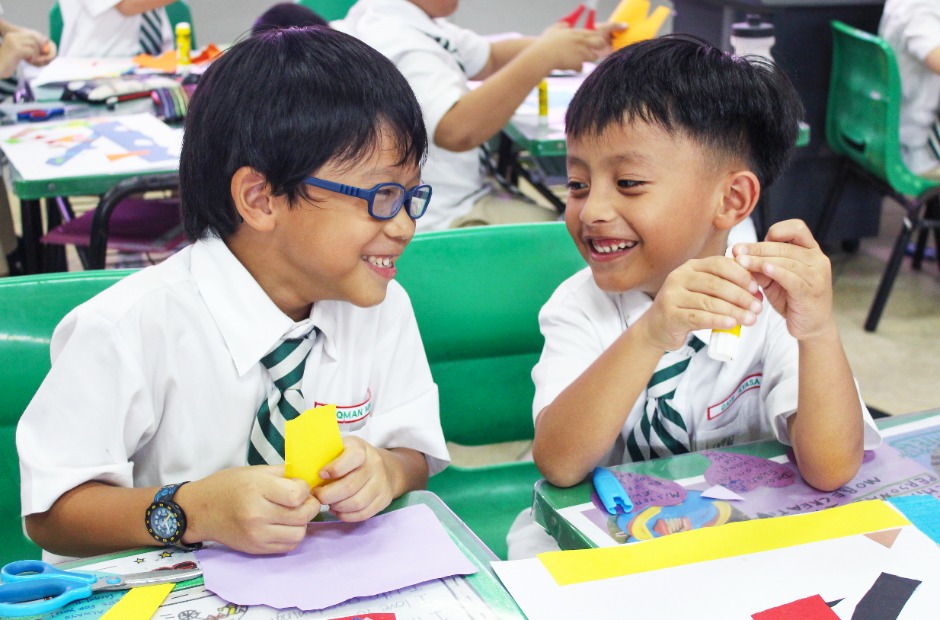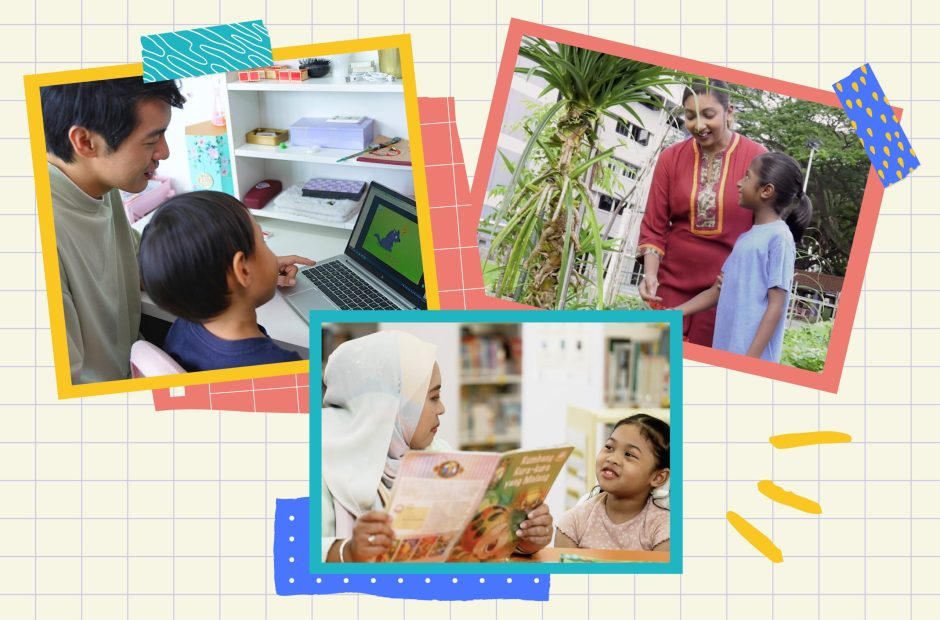When my 10-year-old daughter J was tasked to make cards for residents of an old folks’ home as part of a co-curricular activity (CCA) project, she grumbled that it was a “waste of time”.
With homework and spelling tests to tackle, who has time for total strangers? Plus, why would the old aunties and uncles care to receive cards from her? she reasoned.
Hearing her grumble, I smiled. She was irritated and annoyed – just the right mood to set the stage for a conversation on empathy.
Empathy, or the ability to put oneself in another person’s shoes and see from their perspective, is a core part of what makes all of us human. It connects people, and drives us to step up and help another person in need.
Research has shown that empathy is the key ingredient in fostering healthy and positive relationships, enhancing communication, reducing conflicts and doing well in school and at work.
In her book Unselfie: Why Empathetic Kids Succeed In Our All-About-Me World, educational psychologist Dr Michele Borba talks about how empathy is widely underestimated by parents. Yet, it is what children really need to be happy and successful.
Amid social issues such as youth mental health concerns and increasing digital media exposure, practising empathy is now more important than ever.
Her school can help teach values…
That said, can children truly learn to be more empathetic by going through the motions of volunteer activities organised by their school? Personally, I believe there is value in such activities. Much like any other new skill, cultivating empathy requires intentional practice.
While it may seem counterintuitive, research has shown that empathy is not a fixed trait or something that people are born with. Sure, some children may seem to be more naturally attuned to the feelings of others.
But even for those who have trouble tuning into emotions, Dr Borba shares in her book that empathy is “a talent that kids can cultivate and improve, like riding a bicycle or learning a foreign language”. It is something that everyone can develop with the right tools.
The intentional practice of empathy can be helpful for some children who are too self-conscious or shy to act. My introverted daughter dislikes drawing attention to herself. Once, she told me that she is too self-conscious to stand up and offer her seat to someone else while on public transport although she felt sorry for the person.
While showing kindness may feel difficult and awkward at first for some children, it can become easier when it is done over and over again.
Exposure to such activities in school also open up opportunities for parents to hold frank conversations with their child about diversity, prejudice, stereotypes and inequality – topics that matter when considering another person’s perspective.
…while we work on cultivating empathy at home
While schools have a role to play, developing empathy must continue at home. To work on my child’s perspective-taking skills, we often talk about characters in a movie or book.
For instance, after watching the movie The Chronicles of Narnia, adapted from a popular book series by CS Lewis, my children and I discussed the motivations of the various characters in the show. The story revolves around the themes of empathy, compassion and forgiveness.
I also openly talk about the people whom I encounter in my work as a writer, some of whom struggle with stigma and discrimination due to disabling or disfiguring medical conditions. In doing so, I hope that my children would be able to consider how their words and actions may affect others.
As a parent, I try to walk the talk although there are days where I struggle to consider other viewpoints and grumble about taking on responsibilities. I am still figuring out how best to respond when my child shows uncaring or challenging behaviours and working on controlling my quick temper.
At last, I found the right reply to her complaint
In response to my 10-year-old’s “waste of time” complaint, I acknowledged her feelings. After all, there is nothing more frustrating than being compelled to show care and concern when you do not feel like doing it.
Next, I asked J if she remembers her grandmother’s reaction upon receiving her handmade cards. She does, she recalled quietly; Grandma’s face lit up, and she was glad she could make her happy. Perhaps some elderly people in the home are lonely and do not have grandchildren who make them pretty cards, I pointed out. Could she do something nice for them too?
J softened up at the thought. Besides learning something about her own emotions, I saw J visibly contemplating someone else’s perspective. When an elderly wrinkled face lights up after receiving her handmade card, my daughter might also recognise that she can do something, even if it is just a small thing, to make a difference in another person’s life.
Time to get started on those handmade Christmas cards.



.jpg)


